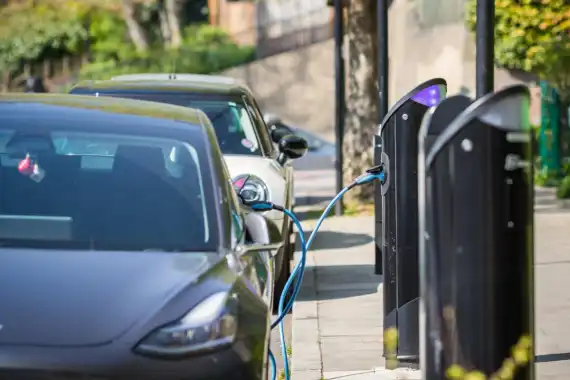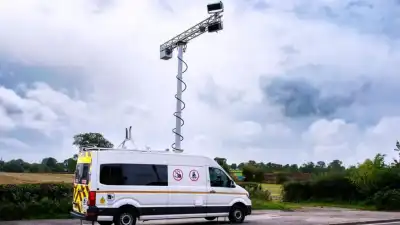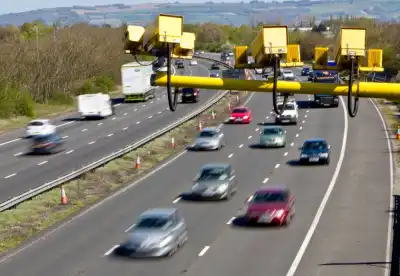
Charging infrastructure here in the UK is a flashpoint at present. It’s an often-voiced point of opposition for electric vehicle adoption, with many people believing that the state of the UK’s charging infrastructure is one of the main stumbling blocks for widespread EV take-up.
But is that actually the case and should you be worried about public charging infrastructure if you’re considering an electric vehicle? Let’s take a look at the state of things currently.
So how many chargers are in place in the UK at present?
Public charger numbers have increased considerably over recent years. In fact, according to figures from Zap Map, one of the country’s leading charger mapping services, there are now just over 62,000 devices across just shy of 40,000 locations across the country.
As of May 2024, there are 94,312 connectors - that means individual connection points - installed in the UK. The number of chargers represents a 43 per cent year-on-year increase, too, with 18,910 units installed since May 2023. It reflects the massive ramp-up in installations over recent years with a variety of different companies getting in on the action.
What about speed?
It’s all very well having more chargers installed, but unless they offer a variety of charging speeds then they won’t cater for everyone. While the vast majority of charging points installed in the UK offer under 8kW of charging power - enough to fully charge an average EV overnight - there are still just over 7,000 units capable of delivering between 50kW and 149kW of charging speed, which is enough for a quick stop-over.
At present, there are just over 5,000 units capable of pushing out over 150kW of power, too, which can take an average EV from 10 to 80 per cent charge in around 25 to 35 minutes.

Is there any more investment?
More investment is required to help spread the network of chargers more widely, but there’s plenty to talk about in this area. Back in April 2023, a new trade organisation for the UK’s charging industry was launched while simultaneously announcing £6bn of investment into the charging network.
Charge UK is made up of 18 of the UK’s largest charging firms which have combined to accelerate the ‘roll-out of high-quality consumer-first EV charging infrastructure necessary to support the transition to EVs’.
But what about the government?
The government is also hoping to seriously ramp up charger installations. In February 2024, the Department for Transport and the Office for Zero Emission Vehicles announced new measures to help support electric vehicle take-up, including a £381 million Local Electric Vehicle Infrastructure fund that would start delivering money to local authorities to help install charge points.
Laws introduced in October 2023 also enforced ‘transparent and easy to compare’ charger pricing alongside rules that ensure the ‘large proportion’ of new public charge points have contactless charging.
What is the average cost of public charging?
Public charging cost is something that continues to vary considerably. According to Zap Map, the price to charge an electric vehicle at one of the top 10 rapid charging networks stands between 55p/kWh and 85p/kWh, meaning that there’s a distinct separation between the cheapest and most expensive units.
For example, Instavolt - which operates some of the speediest chargers in the UK - will charge up to 85p/kWh for using its units on a pay-as-you-go basis, while Tesla’s Superchargers will cost considerably less at 55p/kWh for non-Tesla users - though that price drops to 45p/kWh for owners of its cars. It must be pointed out that the vast majority of these prices are for rapid or ultra-rapid charging units, rather than slower ones.




